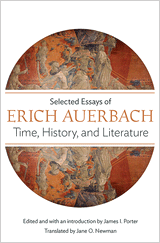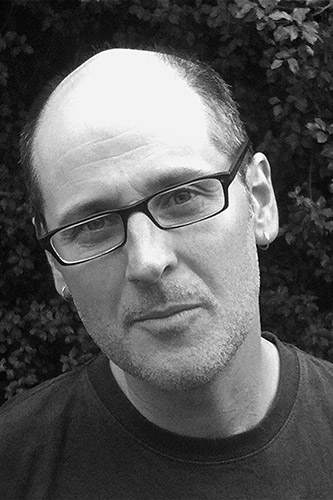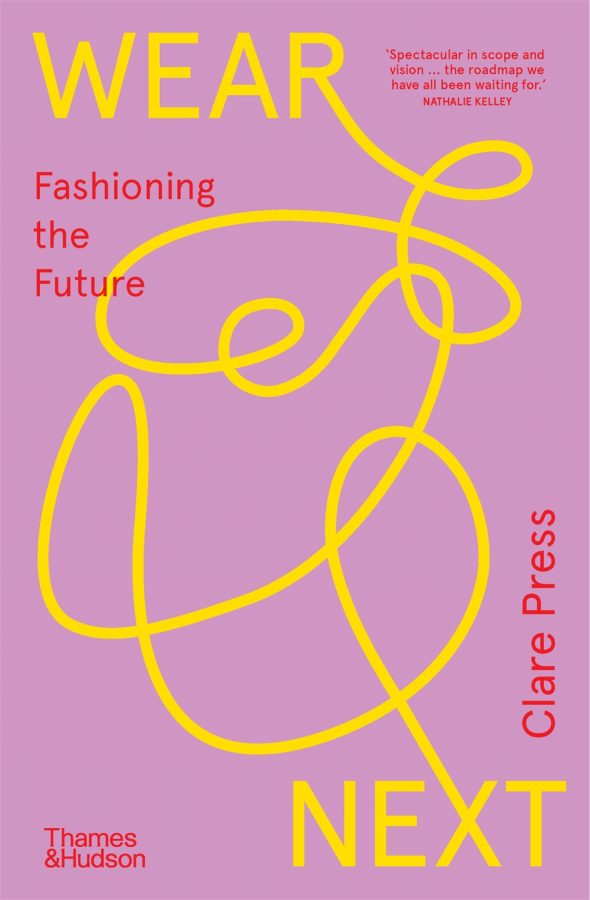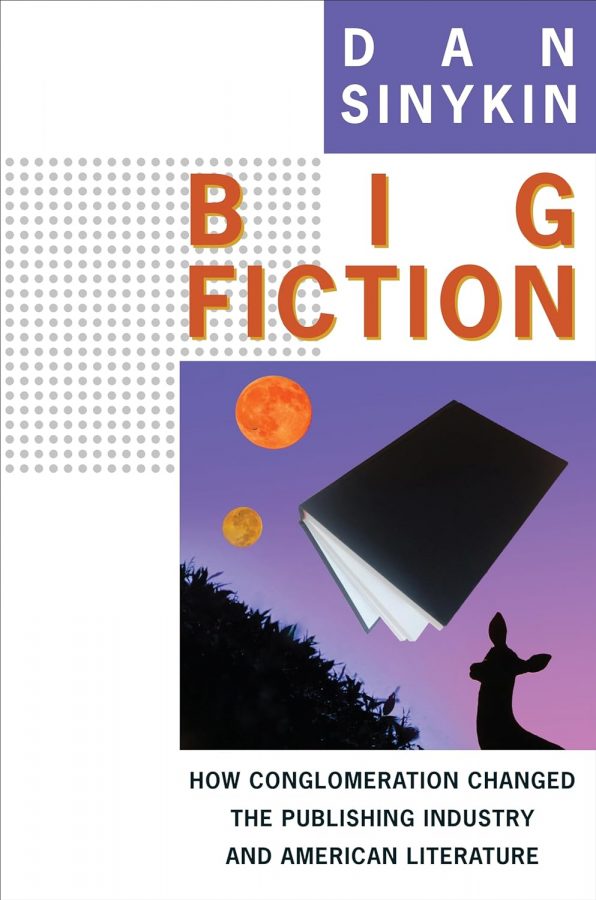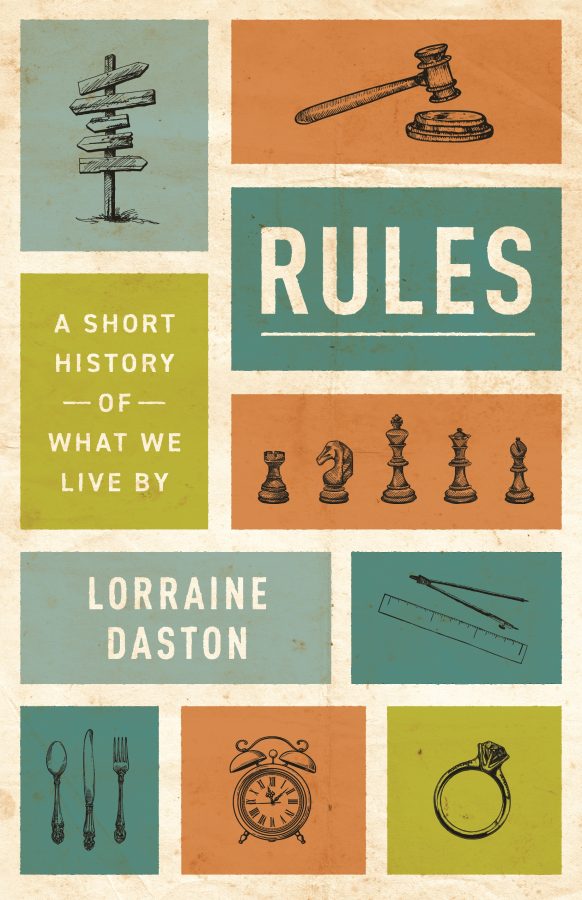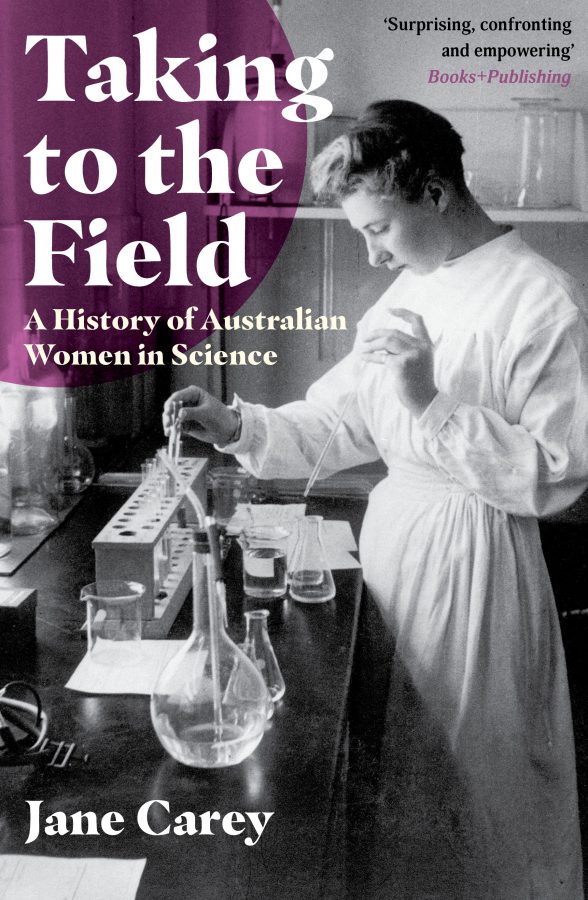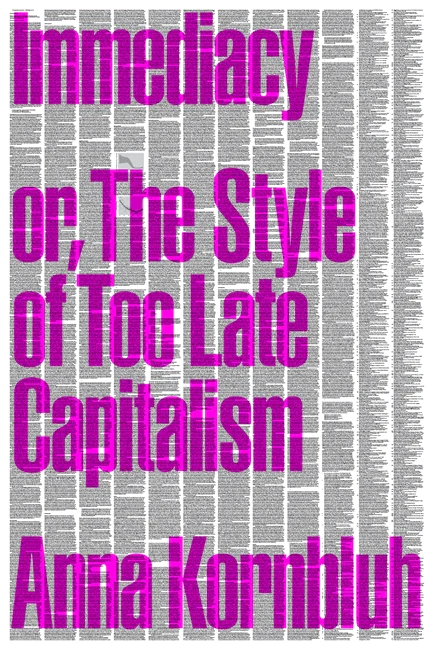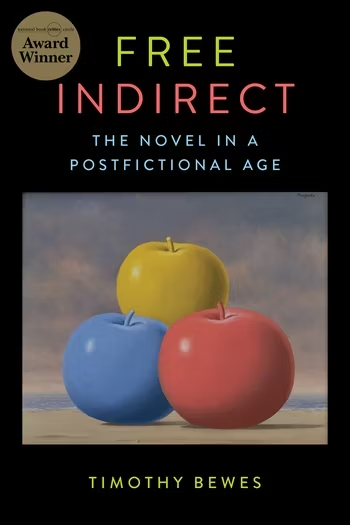‘Odysseus’ Scar’, the opening chapter of Erich Auerbach’s Mimesis: The Representation of Reality in Western Literature (1946), is a classic of twentieth century literary criticism — a brilliant comparative reading of sections of the Odyssey and the Book of Genesis as foundational texts of Western literature’s two great informing traditions: the Hellenic and the Judaeo-Christian. Auerbach first draws our attention to the moment in book nineteen of the Odyssey, after Odysseus has returned in disguise from his wanderings, when the old servant woman Euryclea notices a scar on his leg and recognises him. At this point in the narrative, there is a long digression that explains how Odysseus came to have the scar (a hunting accident) and how Euryclea is aware of this because she has known him since he was young. Auerbach contrasts this with the biblical story of Abraham, whom God orders to sacrifice his son, Isaac. Here we find a very different style of narrative, notable for its lack of explanatory detail. God speaks to Abraham from a contextless void. Abraham obeys without question. He travels for three days to the place where he is to kill his son, but details of the journey and his state of mind are absent.
Encoded in these contrasting narrative styles, argues Auerbach, are fundamentally different ways of representing and therefore understanding reality. In the Odyssey, as in the Iliad, there is only foreground. Everything is explained and externalised; nothing is allowed to remain obscure. People do not change: they are who they are. Homer’s poetry can thus be analysed but it does not lend itself to reinterpretation. The elliptical Old Testament stories, on the other hand, open up interpretive spaces that admit figurative readings. Their perplexing omissions, which leave their protagonists’ motivations shrouded in mystery, create suspense and psychological intrigue.
So it is the biblical style that anticipates the modern notion of character as a layered psychological phenomenon, something that retains an element of inscrutability and is capable of developing over time. But no less important for Auerbach is the implication of an entirely different conception of history. All the action in Homer takes place on a horizontal plane: time is experienced on a human scale; events are either connected in a logical way or they are not connected at all. In the Old Testament stories, however, meaning is a function of the vertical imposition of God as a supra-historical creator and ultimate bestower of significance. They assume a ‘universal religio-historical perspective which gives individual stories their general meaning and purpose’. Their religious intent ‘involves an absolute claim to historical truth’. Auerbach reserves some of his strongest language to describe this imposition and draw the contrast in the sharpest of terms:
One can perfectly well entertain historical doubts on the subject of the Trojan War or of Odysseus’ wanderings, and still, when reading Homer, feel precisely the effects he sought to produce; but without believing in Abraham’s sacrifice, it is impossible to put the narrative of it to the use for which it was written. Indeed, we must go even further. The Bible’s claim to truth is not only far more urgent than Homer’s, it is tyrannical — it excludes all other claims … The Scripture stories do not, like Homer’s, court our favour, they do not flatter us that they may please us and enchant us — they seek to subject us, and if we refuse to be subjected we are rebels … Far from seeking, like Homer, merely to make us forget our own reality for a few hours, [the Scripture] seeks to overcome our reality: we are to fit our own life into its world, feel ourselves to be elements in its structure of universal history.
Mimesis goes on to trace the development of Western literature, hopscotching its way across millennia in a series of closely argued yet lucid essays that analyse key texts in which significant formal innovations can be seen to have occurred. It examines the literature of antiquity and the Middle Ages, moving through the contributions of (among others) Augustine, Dante, Rabelais, Montaigne, Shakespeare and Cervantes, to consider the rise of romanticism and the nineteenth century realists, and conclude with the modernists of the early twentieth century. Auerbach proposes that one of the most evident and important features of this long history has been the breaking down of the classical separation of styles, which opened up literature to new modes of representation, eventually allowing it to depict the concerns of ordinary people and discover the tragedy and pathos in their everyday lives — even get us inside their heads.
On one level, then, Mimesis tells the grand story of the democratisation of literary representation. But one of its essential features is the way that its large claims are grounded at every stage in sober, attentive textual analysis. In an article written to defend the book against some of the early criticisms it attracted, Auerbach explicitly disavowed the notion that he was pursuing a singular or dogmatic thesis, insisting that Mimesis ‘is no theoretical construct; it aims to offer a view, and the very elastic thoughts or ideas that hold it together cannot be grasped and proven wrong in isolated phrases.’
This can make Mimesis a tricky book to understand, despite the clarity of Auerbach’s writing, which can be convoluted at times, but is for the most part exacting without pedantry or obscurity. The chronology and the remarkable breadth of vision are not meant to imply that Western literature has progressed in a linear fashion from naivety to sophistication. Nor does the concern with the representation of reality extend to Auerbach positing an objective standard against which individual works might be judged as more or less realistic. His understanding of what might constitute realism is supple and thoroughly historicised: literature’s mimetic qualities are an expression of the coincidence (in the most literal sense of the word) of literary technique and the cultural assumptions of the historical moment. As such, though he would never have put it so crudely, he broadly agrees with William Blake’s assertion that to generalise is to be an idiot:
My effort for exactitude relates to the individual and the concrete. In contrast, the general, which compares, compiles, or differentiates phenomena, ought to be elastic and flexible; to the utmost that this is possible, it ought to fall into line with what is feasible from case to case, and it is to be understood from case to case only from the context. There is not in intellectual history identity and strict conformity to laws, and abstract, reductive concepts falsify or destroy the phenomena. The arranging must happen in such a way that it allows the individual phenomenon to live and unfold freely.
It is this grounded, determinedly untheorised quality that makes Auerbach’s critical writings so distinctive and suggestive. But it also hints at an underlying tension, for there clearly are some rather large concepts and theoretical issues moving beneath the surface of his detailed investigations like shadows in the water. Evident throughout his work is a concern with the question of how we are to conceptualise and engage with history. Indeed, to begin to understand his thought it helps to keep in mind that he regarded his specialist discipline of Romance philology as a form of historical inquiry. As he writes in Time, History, and Literature, referring to the work of one of his major influences, the eighteenth century Italian thinker Giambattista Vico, this mode of thinking ‘enlarges the meaning of history to such an extent that it comprehends the whole of social life’.
That Mimesis is, in its own understated way, a work of resistance has often been noted. Indeed, no consideration of Auerbach’s intellectual achievement is complete without mention of his historical situation. He was born in Berlin in 1892, the same year as Walter Benjamin. He thus belonged to that generation of Europeans who were destined to face the horrors of World War I (in which he fought, earning an Iron Cross), and to that generation of German Jews whose adult lives were blighted by the rise of Nazism. Mimesis was, famously, written during some of the darkest days of World War II in Istanbul, where Auerbach was living in exile, having been stripped of his academic post at the University of Marburg in 1935 under the Nuremburg laws.
There is, certainly, a kind of dignified affirmation in the undertaking of such a monumental survey of Europe’s common literary heritage at such a calamitous moment in its history. Auerbach shared with many a war-weary European an understandable concern about the ultimate fate of his civilisation. ‘European civilization is approaching the term of its existence,’ he wrote in his last book, Literary Language and Its Public in Late Latin Antiquity and in the Middle Ages (1958), published the year after his death; ‘its history as a distinct entity would seem to be at an end.’ But as the essays in Time, History, and Literature make clear, Auerbach’s humanism is a singular thing, even within its historical context. His ideas, which have deep intellectual roots in the German Romantic tradition, strive to be expansive and inclusive. Throughout his writings, he advances what affects to be a grounded, very particular and worldly view – one that would seem to eschew the overt ideological, religious and nationalistic identifications of many of his contemporaries. Yet his work is drawn to notions of comprehensiveness, universality and ultimacy, and drawn in a revealingly ambivalent way that suggests he felt their importance and oppressiveness with equal force.
It is the intellectual foundations of Auerbach’s far-reaching views that are most noticeably illuminated in Time, History, and Literature, a career-spanning collection that includes several essays which are appearing in English translation for the first time. Its centrepiece is the long and detailed ‘Figura’ (1938), arguably the most important essay he ever wrote – though, unfortunately, it is also perhaps the most eye-wateringly dull essay he ever wrote. The uncharacteristically fusty approach does, however, allow him to nail down one of his essential concepts.
By carefully tracing the meaning of the Latin term figura from its earliest usage, Auerbach demonstrates that initially it signified only a material object, but over time acquired additional abstracted connotations. For Auerbach, the duality of the term — the way it comes to embrace both materiality and abstraction — is related to the conflict he identifies in the Judaeo-Christian tradition between the ‘horizontal’ and ‘vertical’ perspectives. The idea that an event might have a figural as well as a literal meaning allows history to be conceived as something more than a chronicle of happenings. It raises the possibility that history may not be (as Arnold Toynbee is supposed to have quipped) just one damn thing after another, but something with a shape and meaning, something with an underlying coherence and purpose, something that invites comprehension on a large scale.
The figural interpretation of reality, writes Auerbach,
creates a connection between two events or persons in which one signifies not only itself but also the other — and that one is also encompassed or fulfilled by the other. The two poles of the figure are separate in time, but they both also lie within time as real events or figures. As I have repeatedly emphasised, both figures are part of the ongoing flow of historical life.
It was this dual view, in which an event was understood to have occurred in an immediate timebound sense and to occupy a fixed place in an encompassing providential scheme, that enabled the early Christians to co-opt the Jewish Old Testament. It meant that the story of Abraham, for example, could be reinterpreted as a prefiguring of Christ’s sacrifice. The rise of Christianity enshrined this dual understanding of reality in the consciousness of the West. But — and this is the crucial bit — it is an understanding that is unavoidably conflicted. As Auerbach puts it in Mimesis, the figural view creates an ‘antagonism between sensory appearance and meaning, an antagonism which permeates the early, and indeed the whole, Christian view of reality’.
This is the point at which Auerbach arrives at the intriguing paradox that informs his idiosyncratic version of literary humanism. As James I. Porter notes in his excellent introduction to Time, History, and Literature, Auerbach suggests that the Christian view of reality has decisively shaped our historical consciousness, that it has oriented us towards a historicised view of things, but that in doing so it has also undermined itself, creating the conditions that have allowed Western civilisation to crawl out from under its universalising claims.
The origins of this idea can be traced back to Auerbach’s early work. There is a passage near the beginning of his first book, Dante: Poet of the Secular World (1929), in which he compares the deaths of Socrates and Jesus. The parallels have often been noted; for Auerbach, it is the contrast that matters. Socrates died a philosopher’s death: he was surrounded by friends and reconciled to his fate. Jesus, on the other hand, was betrayed by one follower and denied by another; he was tortured and humiliated and forsaken; he died in the midst of disorder and confusion with his promises unfulfilled. His story is ‘more than the manifestation of the idea. In it the idea is subjected to the problematic character and desperate injustice of earthly happening.’
For Auerbach, the story of Christ’s passion is a turning point in the history of Western literature, and indeed the intellectual history of the West, not only because it enshrines, in a particularly dramatic fashion, the conflict between the horizontal and vertical understandings that is encapsulated in the concept of the figura, but because its categorical confusions render classical depictions of reality inadequate. The idea of a tragedy about an ordinary man was unthinkable to the ancient Greeks. The death of Jesus upsets this classical order because it was a traumatic event of cosmic significance, yet at the same time it was something that happened to an obscure Jewish tradesman and his small band of ragged followers on the margins of a mighty empire. It was at once momentous and unimportant. And this is why, taking a long view (and not to put too fine a point on it), it took the death of Jesus before we could have Death of a Salesman.
But the key point for Auerbach is, as Porter observes, that ‘Christ’s messianic project crucially failed’. And it is this failure that engenders the sense of irresolution that can only make us conscious of the fact that history is one damn thing after another. Whatever revelation it may ultimately have in store for us must remain inaccessible, so long as we remain trapped within a reality that conspicuously refuses to reveal its providential meaning and resolve itself in a coherent fashion. So the long-term effect of the concept of a divinely ordained universal history, and the antagonism between appearance and reality it engenders, is to throw us back upon the elementary fact of our worldly existence. It makes our embeddedness in a historically conditioned reality the essence of whatever it might mean to be human.
This is crystallised most powerfully for Auerbach in the Divine Comedy. Auerbach is scornful of what he describes in Time, History, and Literature as ‘the ghastly misreadings of the entirety of the Divine Comedy as some kind of clandestine treatise and politically subversive tract’. Dante’s great poem, he argues, must be understood on its own terms as a comprehensive and unified religious vision. And it is precisely the brilliance with which Dante succeeds both in realising his comprehensive religious vision and in depicting his specific imaginative creations in a vivid and palpable way that highlights what Auerbach sees as the central issue. Every character the poet encounters on his otherworldly journey occupies a fixed position in a universal scheme that exists beyond time. Yet these characters also retain their individuality — strikingly so — and, as Auerbach demonstrates in a pivotal chapter of Mimesis, this is dependent on their retaining a connection to their earthly, timebound existence. This is the source of
the astounding paradox of what is called Dante’s realism. Imitation of reality is imitation of the sensory experience of life on earth — among the most essential characteristics of which would seem to be its possessing a history, its changing and developing. Whatever degree of freedom the imitating artist may be granted in his work, he cannot be allowed to deprive reality of this characteristic, which is its very essence. But Dante’s inhabitants of the three realms lead a ‘changeless existence’. (Hegel uses the expression in his Lectures on Aesthetics in one of the most beautiful passages ever written on Dante.) Yet into this changeless existence Dante ‘plunges the living world of human action and endurance and more especially of individual destinies’.
The passage in Hegel alluded to here is quoted in Time, History, and Literature, near the end of an essay titled ‘The Discovery of Dante by Romanticism’, in which Auerbach credits Schelling as the first to recognise the way that the Divine Comedy anticipates the modern world — ‘a world of individuals in which everything begins with the particular’. Hegel echoes this idea in his observation that Dante’s characters ‘have produced their situation for themselves, as individuals, and are eternal in themselves, not in our ideas’. The insight of Schelling and Hegel, argues Auerbach, is that the Divine Comedy probes ‘deeply and dispassionately into the essence of the secular world’.
For Auerbach, this is the basis of Dante’s literary-historical significance. As he writes in Mimesis, Dante’s characters are conceived in the Christian tradition of figural realism:
Yet never before has this realism been carried so far; never before — scarcely even in antiquity — has so much art and so much expressive power been employed to produce an almost painfully immediate impression of the earthly reality of human beings. It was precisely the Christian idea of the indestructibility of the entire human individual which made this possible for Dante. And it was precisely by producing this effect with such power and so much realism that he opened the way for that aspiration toward autonomy which possesses all earthly existence. In the very heart of the other world, he created a world of earthly beings and passions so powerful that it breaks bounds and proclaims its independence.
There are a number of interesting aspects to this argument. In the first instance, there is the telling paradox that in realising his splendid imaginative vision of an eternal order beyond time, Dante reveals that the idea of a timeless existence is in fact unimaginable, strictly speaking, in the sense that it is incommensurable with any conception of humanity. But more important, perhaps — remembering that the ultimate claims of the Judaeo-Christian notion of a universal history are ‘tyrannical’ and ‘seek to subject us’, and noting the emphasis Auerbach places on the counter-claims to individual ‘autonomy’ and ‘independence’ — is the way that Dante’s depiction of humanity resists the imposition:
by virtue of this immediate and admiring sympathy with man, the principle, rooted in divine order, of the indestructibility of the whole historical and individual man turns against that order, makes it subservient to its own purposes, and obscures it. The image of man eclipses the image of God. Dante’s work made man’s Christian-figural being a reality, and destroyed it in the process of realizing it.
If there now seems to be something a little Casaubon-ish about the reach and ambition of Auerbach’s criticism, it is perhaps because his historicised view of literature, his reading of literature as history, is out of step with the ways in which we have come to think of those two concepts. We tend to think of literary representations as creative expressions that are symptomatic of the material conditions and the philosophical assumptions of their time – as reflections of a reality rather than something actively constitutive and generative. The idea that Dante’s imaginative vision may have been at least as decisive in shaping the modern understanding as seemingly more tangible historical developments – the invention of the printing press, say, or the religious schism of the Reformation, or the extraordinary advances of science – tends not to be given much credence.
Near the end of her influential study The World Republic of Letters (2004), Pascale Casanova observes that the value of literature is commonly defined in opposition to history. Literary theory, she proposes,
has long renounced history by pretending that it is necessary to choose between the two, which it holds to be mutually exclusive – indeed, Roland Barthes wrote an essay on this question titled ‘History or Literature’ – and that to do literary history amounts to renouncing the text, which is to say literature itself. The author as exception and the text as unattainable infinite have been declared consubstantial with the very definition of literary activity …
The two universes – the ‘world’ and ‘literature’ – were thus declared incommensurable.
She proceeds to have her cake and eat it, arguing that literature does, in fact, create its own independent realm of value, that it is capable of escaping the determining pressures of its historical moment to enter what she calls a ‘dual temporality’:
Writing the history of literature is a paradoxical activity that consists in placing it in historical time and then showing how literature gradually tears itself away from this temporality, creating in turn its own temporality.
It is curious that Casanova’s book makes no mention of Auerbach, for his work speaks to this very issue – or at least, he contradicts it in an interesting and apposite way. His conflation of literature and history is an expression of his fidelity to a Romantic intellectual tradition that grants an active comprehending role to the imagination. At the same time, he embraces the relativising implications of historicism, rejecting the idea that the literary work can or should be disconnected from its worldly context. In placing the practice of philology at the centre of the humanities, he conceives of the humanities as an area of inquiry dedicated to the possibility of genuine historical – and by extension cross-cultural – understanding. Underlying his critical view is a belief (or perhaps it is a hope) that if we read literature with sufficient attentiveness and with enough contextualising knowledge, we can move beyond the limiting and relativising perspective of our own time and place.
It is an expansive view, the implications of which become ever more inclusive. Beginning with the Romantic idea of a national literature that is the expression of collective identity, it moves outward to the notion of distinctively Western or European literature, and ultimately arrives at the idea of a ‘world literature’ that might be understood as ‘a diverse backdrop to a common human fate’ – a concept that was first posited by Goethe and which is the subject of the final essay in Time, History, and Literature. The ultimate goal, writes Auerbach, is no less than
the realization of a unified vision of the human race in all its variety. This was the actual purpose of philology, beginning with Vico and Herder, and it was thanks to it that philology became the leading method in the humanities.
The idealism in ‘The Philology of World Literature’ (1952) is tempered by Auerbach’s recognition of the practical impossibility of any scholar mastering the vast amounts of knowledge required to realise such a unified vision, as well as the pessimistic sense in this late essay that his discipline is being undermined by the narrowing of specialisations and ‘the impoverishment of understanding associated with a concept of education that has no sense of the past’. Yet he maintains that a philology of world literature is possible in principle. And it is on this point that the influence of Vico, who is the subject of the first six essays in Time, History, and Literature, is of particular importance.
One of the most valuable aspects of this volume is that these essays set out (albeit with a degree of repetition) the extent of Auerbach’s intellectual debt to Vico, whom he credits as the first methodical theorist of history. Auerbach takes from him the idea that the proper starting point for historical understanding is ‘criticism of the forms of human expression, of language, myth, and poetry’. The appeal of Vico’s thought for Auerbach is that it is anti-Cartesian: in place of an atomising rationalism, it proposes that the human-created realm of history is something comprehensible and held in common, that we retain a connection to other stages of historical development because, however rational we might imagine ourselves to be, we retain traces of their mythical and poetic sensibilities. The insight that Auerbach calls the ‘crowning achievement’ of Vico’s thought is ‘the idea Divine Providence does not produce its effects by means of miraculous intervention from the outside; rather it works within history. Providence is, then, a historical fact.’
The religious terminology is significant, marking the point at which Auerbach’s romanticism begins to shade into something closer to metaphysical longing. That he had some compelling historical reasons of his own for seeking, in the teeth of facts, some sort of order from the chaos and brutality of history hardly needs emphasising. Yet Auerbach was too scrupulous a scholar to lapse into anything like crude historical determinism. The densely written, subtle essays towards the end of Time, History, and Literature, which discuss several writers who were wrestling with the transition from the religious Middle Ages to the secularised modern world – Montaigne, Pascal, Rousseau – are models of careful scholarly contextualisation and analysis, which draw out the cultural legacy of these writers’ Christian inheritance and the complex issues that arose as this began to fracture.
When Auerbach writes of the discipline of philology that its ‘very possibility consists in the assumption that people are able to understand one another and that there exists a world of and for humanity that is common to us all, to which we all belong, and this to which we can gain admission’, he is articulating a hope and an article of faith. This is perhaps the most telling paradox of his work. His extraordinary erudition and the great edifice of his scholarship can sometimes seem to be expressing an intimate sense of need. The humanistic orientation of philology, he states, ‘might even help us accept what is happening to us with greater composure, and allow us not to despise our enemies all too blindly, even when it is our mission to fight them’. In one of Time, History, and Literature’s essays on Vico, in an uncharacteristically revealing aside that, just for an instant, reveals a desire to believe in the possibility that a higher principle of justice exists, he suggests that the ongoing search for order and understanding may well be less a philosophical imperative than a psychological necessity and a matter of ‘practical and ethical needs’:
For whenever and wherever we engage with life in its details, it is undeniable that we and those close to us experience injustice on a daily basis. To be able to bear with equanimity what happens generally and to us personally we need to have an intimation of a plan for the sake of which and in the light of whose fulfilment chaos becomes a matter of order.
Emphasis added.
References
Erich Auerbach, Dante: Poet of the Secular World, translated by Ralph Manheim (University of Chicago Press, 1961).
⎯ Literary Language and Its Public in Late Latin Antiquity and in the Middle Ages, translated by Ralph Manheim (Princeton University Press, 1965).
⎯ Mimesis: The Representation of Reality in Western Literature, translated by Willard R. Trask (Princeton University Press, 2003).
Pascale Casanova, The World Republic of Letters, translated by M. B. DeBevoise (Harvard University Press, 2004).
